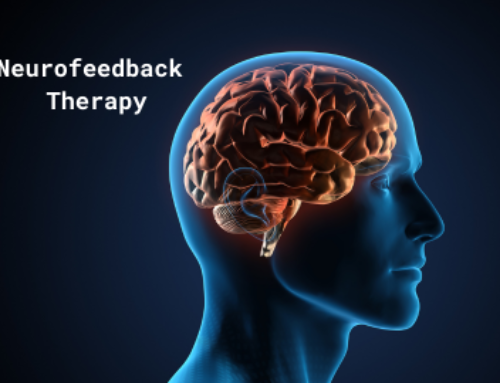“Ology” or “Iatry?”
What is the difference between a psychologist and a psychiatrist? How do the two professions overlap? Do I need one or both? These are questions we get often at Rochester Holistic Psychiatry. The short answer is that psychologists and psychiatrists are an effective team to work together toward better mental health for patients. There are differences and they also overlap. Keep reading for the longer answer.
What Are the Differences Between Psychology and Psychiatry?
The prescription and management of medication is one of the key differences between the work of a psychiatrist and that of a psychologist. Psychiatrists are the ones who prescribe medication to patients and monitor their progress and any side effects. They are concerned with how medications affect the person’s entire body, not just their mental health. Sometimes side effects are intolerable, or the patient needs a higher dosage, or more than one medication is needed to round out their regimen.
Differences in Education
Psychiatrists and psychologists are both professions that require a high degree of specialized education. A psychiatrist must attend medical school for general medicine, earn an MD (Doctor of Medicine), and go through residency training for psychiatry. They will often begin their work in the psychiatric department of a hospital helping patients with a range of disorders.
A psychologist must earn a PhD (Doctor of Philosophy) or PsyD (Doctor of Psychology), and can earn additional degrees. They will study the development of the psyche and the bulk of material gathered over humanity’s research on the human mind. They will concentrate on learning about how our thoughts, emotions, and behaviors interact with each other.
Differences in Practice
A psychiatrist will keep in close communication with the patient and their psychologist, if they are seeing one. They will help the patient monitor their mood, function, and how their body is reacting to the treatments. They can also order treatments like transcranial magnetic stimulation (TMS) and electroconvulsive therapy (ECT).
Essentially, a psychologist helps people figure themselves out. They treat emotional suffering, identify effects of trauma, and help correct negative thought patterns. They help people improve their relationships, problem-solving abilities, and conflict skills. They can share notes with a patient’s psychiatrist to monitor how their progress manifests.
Which One Do I Need?
Many mental health patients benefit from the services of both psychologists and psychiatrists. To choose one or the other, think of it this way: To talk about your relationships, work-life balance, family, and more, you’ll want a psychologist. To explore medications and get help with chemical imbalances, you’ll want a psychiatrist. Always consult your general practitioner first for tests and recommendations.
Psychologists and psychiatrists share a common goal—to help people feel and function better. We offer telepsychiatry and in-person services, plus TMS as a brain stimulation treatment. For any questions and to make appointments, call us at (585) 442-6960 or contact us here.





